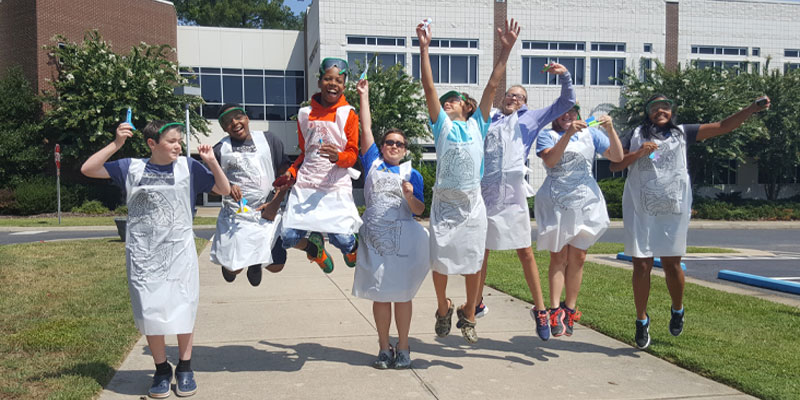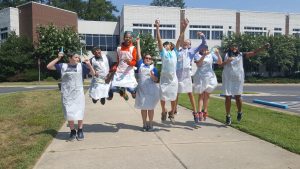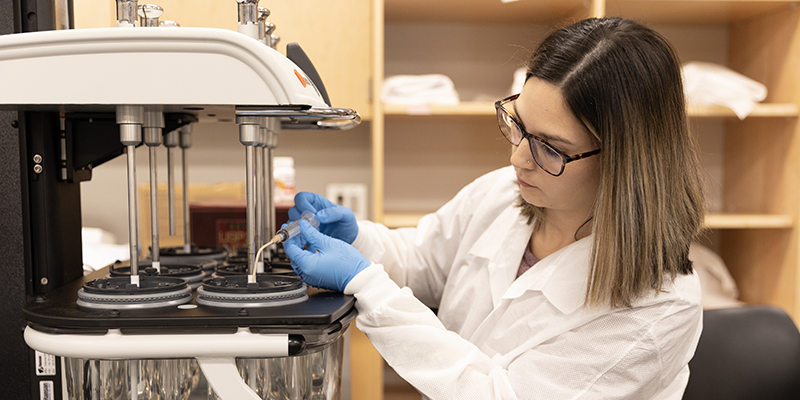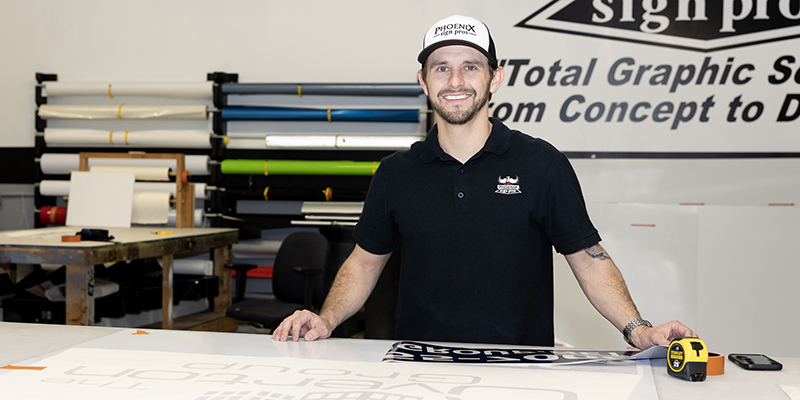
Pitt Community College will offer youngsters a pair of camps through BioNetwork this summer certain to fuel their interest in Science, Technology, Engineering and Mathematics (STEM) programming.
The camps — “Medical Mysteries” and “So You Think You Can Science” — are designed to not only pique participants’ interest in future science classes but to expose children to career pathways they may not be aware of as well.
“Students will solve problems similar to those solved by today’s scientists through participation in hands-on activities,” said Courtney Behrle, Senior Director of STEM Outreach for BioNetwork. “They will learn how to operate the same lab equipment used by those scientists and hear directly from STEM professionals from all over North Carolina through our career video series.”
 Behrle says the camps will give kids a chance to match their interests with potential STEM careers and learn about college programs and other opportunities to prepare for those jobs. “Perhaps most importantly,” she continued, “they will have a blast doing fun experiments and learning cool things about science.”
Behrle says the camps will give kids a chance to match their interests with potential STEM careers and learn about college programs and other opportunities to prepare for those jobs. “Perhaps most importantly,” she continued, “they will have a blast doing fun experiments and learning cool things about science.”
Behrle and Bethany Kenyon, Director of Programming for BioNetwork STEM Outreach, say media exposure has contributed to the rise in science’s popularity with today’s youth. Behrle added that science education, in general, has progressed and that she’s noticed more students using the tools of the trade to understand the world around them.
Kenyon pointed out that modern technology has made science more accessible than ever.
“Maybe more transformative than the shift in the classroom is the rate at which we develop technology and the instant availability of information on computers of all sizes,” she said. “Students can see their heart rate change in real time on their wristwatch. Any question they can imagine is a Google search away. They can watch videos online of color change reactions that look like a magic trick, kids doing kitchen science experiments with household items, and NASA engineers making obstacle courses for the squirrels in their backyards.”
Camps like the ones scheduled to be offered at Pitt this summer allow children to learn about themselves and discover the science-related careers that best suit them.
“We want campers to learn that careers in STEM are accessible to everyone, everywhere,” Behrle says. “These jobs can be anything from being a zookeeper to a senior research scientist at a pharmaceutical company.”
Kenyon says they also want students to learn more about their own interests in STEM and how science is applicable to things they care about.
“Maybe they will find out about a new career they didn’t know existed, or how to turn their love of plants into a passion for sustainable food sources,” she said. “Ultimately, we hope they will leave with increased awareness of STEM careers, a stronger understanding of scientific concepts, and a deeper knowledge of the possibilities for their own future.”


